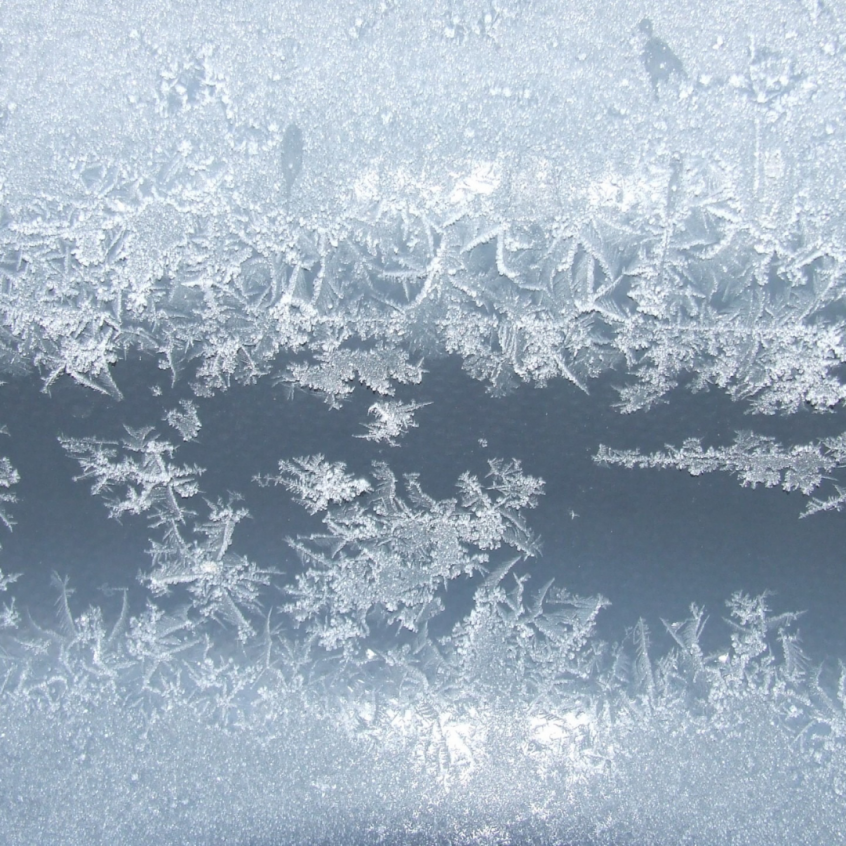Even though the Montgomery/Lake Conroe area enjoys mild winter weather, we do get many freezing nights where the temperatures dip low enough to wreak havoc on your home and plants. It is always better to be prepared than try to remedy the aftermath of a busted pipe. Therefore, today let’s focus on three main problem areas of your home and how to freeze proof your pipes, water hoses, and vulnerable, outdoor plants.
Pipes:
Obviously, water freezes at 32 degrees Fahrenheit. Therefore literally any night that temperatures get that low you have a potential for frozen pipes. The most at-risk are the exposed, exterior pipes. Home improvement stores sell insulation specifically for exterior pipes. They also sell covers for exterior faucets. Make sure that the pipe and faucet are covered well and secure the insulation with duct tape so that wind or pets cannot remove its layer of protection.
If you are expecting freezing temperatures for more than a few consecutive hours, you can drip faucets in your house as an extra measure of protection. Flowing water is less likely to freeze than standing water.
Water Hoses:
An important tip to remember is to disconnect any water hose and allow it to drain before temperatures decrease too much. In fact a frozen water hose can do more damage to your pipes than a busted water hose. So make sure that they are stored away from extreme winter conditions. However you might have a pet or even livestock that requires the hose to remain connected as it is their only source of fresh water. In this case, use a heated water hose. Again you can purchase these at a home improvement store. To see reviews of five different heated water hoses, check out this site. By the way, they do require to be plugged in so keep that in mind. An electrical outlet must be available near the necessary water hose.
Outdoor Plants:
Unique to our area is that tropical plants thrive as long as they are protected from freezing temperatures. Palm trees, citrus trees, oleanders, etc. are especially prone to dying due to freezes. However any plant can be set back by freezing temperatures. The best way to protect smaller, low-lying plants is to cover them with mulch like straw. This only works well if it freezes for only a short duration of time. The next step is to cover the plants/trees with bed sheets or blankets. This protects the foliage until the temperatures increase. At that point in the day, you should uncover the plants.
Another way to freeze proof your plants is to spray them with water as the temperatures drop. It sounds counterintuitive, but as the water freezes on the leaves it actually prevents the plant from even lower temperatures. A thin layer of ice actually keeps the plant warmer and insulates it. However if it stays below freezing all day (which is highly unlikely in our area), the plant will likely die. In other words, the plant needs to thaw and warm up during the day to stay healthy.
In conclusion, we invest money and time in our homes and landscaping. They are worth protecting from freezing temperatures. For the most part, it does not require much time or money to protect your pipes, hoses, and plants. A little protection goes a long way. A busted pipe alone can cause hundreds to thousands of dollars of damage. Therefore it is definitely better to freeze proof your home this winter.

